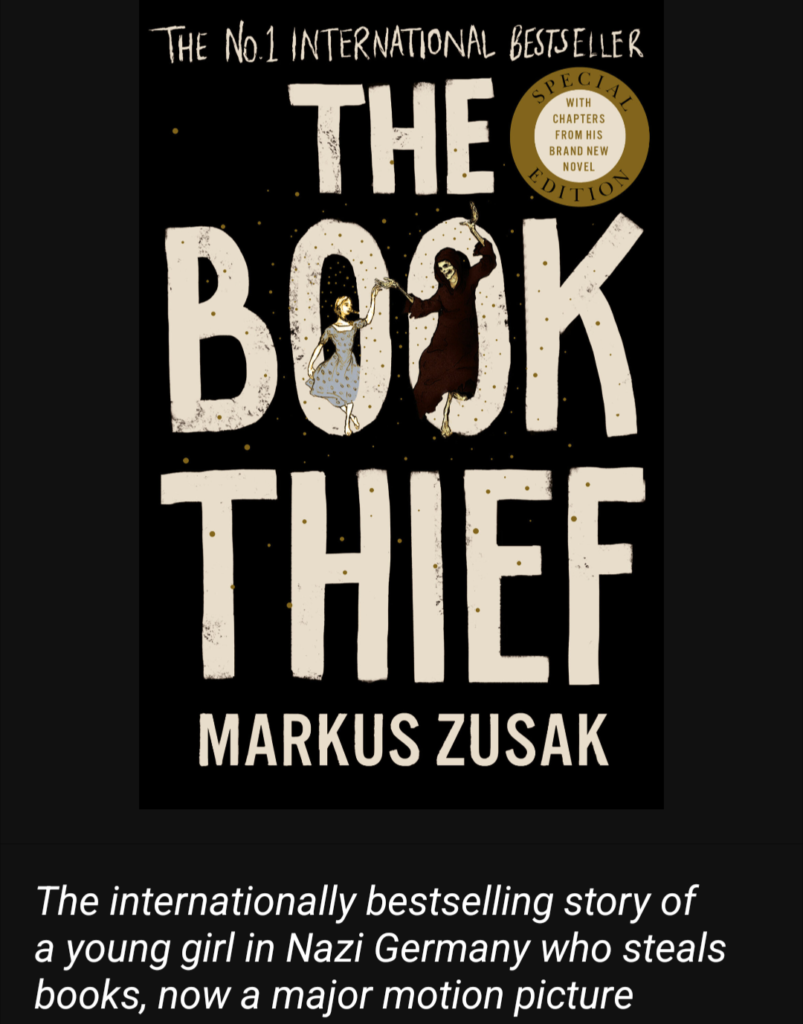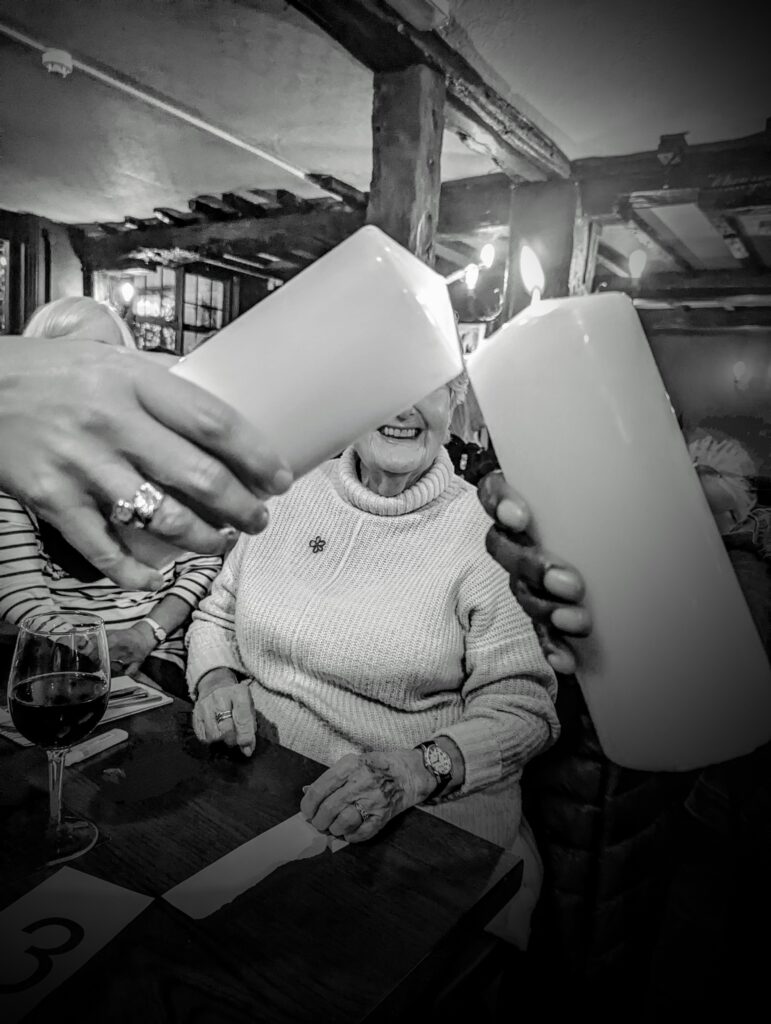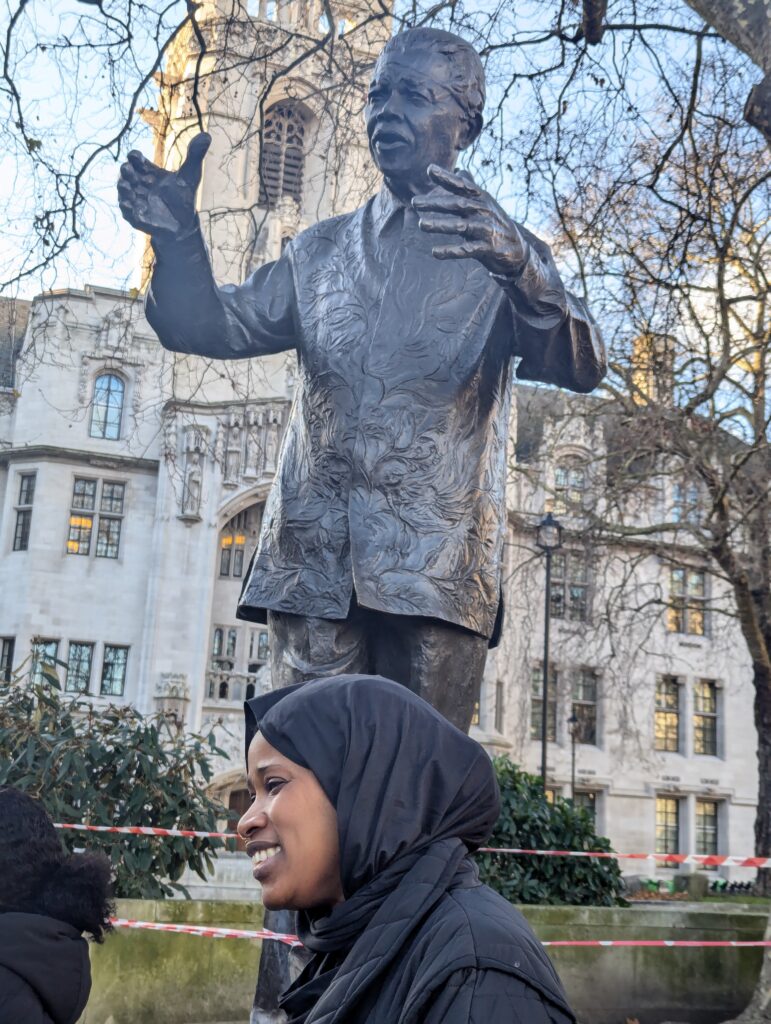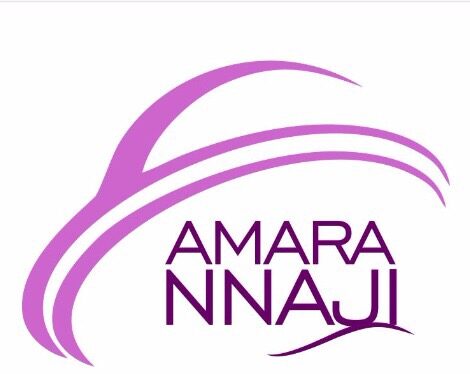The Bastard of Istanbul

I met Elif Shafak by happenstance. No appointments. Not aware she existed until that morning.
Stop Telling Me How Friendly Your Dog Is — Just Muzzle It!

I am an African, We don’t do dogs. But how would you know that if you
The Refugee Woman And Her 24k Gold – 2

How this Indian woman reminded me of what truly matters
The Refugee Woman And Her 24k Gold

How a chance encounter with a refugee sent me a reminder
Viewing life through the eyes of Mr Death

“It kills me sometimes how people die” says Death compassionately as he marches along
Join Mr Death as he narrates his side of the story through this Nazi German streets in WW2
of sunk costs, sentimental value and holding on to what no longer serves you

The current #nsppd7amfireprayers promo on #inanimate objects has me feeling funny.
A bit of context here; #NSPPD is the world’s largest
how my foreign neighbour influences my life

Emgland. Two women across adjoining streets. Strangers to each other. One, a Briton. Another, A Nigerian emigrant. Yet, they are somehow interconnected.
of racism and our red milk of human kindness.

“How is your knee today?” The elderly man [whom I will name baba] asked him “Better, it’s less painful.” Young replied cheerily “Oh, you remembered. Thank you for asking” I said to baba as the minus-1-degree icy cold shook my body mercilessly. “Yes, he was limping the other day and could barely walk” baba responded […]
echoes from my past -2

“Oh don’t bother moving, I can sit at the edge” “No worries. We will shift for you” The first woman said with a huge smile It was Carol Night at School. Although this boy in my home has insisted I not bother coming out, I went. “Stop behaving like an orphan. I am still here […]
echoes from your past

“Hello Sis, good evening” “Good evening sis” I responded with furrowed brows trying to unscramble her face We were about stepping into the African Shop at the City Centre when she approached me. It was my son’s Carol evening and he wanted to buy malt. She drew closer as if to hug me but uncertain […]
